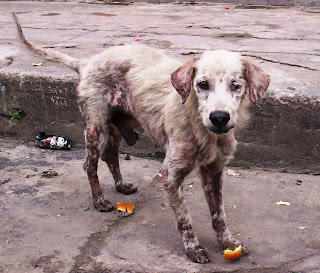 Many of the world’s developed countries are social democracies with mixed economies, some with very large governments, and they provide a large bundle of social programs including welfare and insurance. They do it by equalizing wealth where the proportion is beyond reasonableness. It is a concept some think must be considered in the U.S., and it is open as to just how much SD is needed.
Many of the world’s developed countries are social democracies with mixed economies, some with very large governments, and they provide a large bundle of social programs including welfare and insurance. They do it by equalizing wealth where the proportion is beyond reasonableness. It is a concept some think must be considered in the U.S., and it is open as to just how much SD is needed.“America was thus a special place. It had its cake and ate it, too: a combination of security with opportunity and entrepreneurship. It seemed that this was the natural order of things. Hence there was little pressure for government-sponsored social democracy: Why bother? What would it add?”
Then he added: “Now things are very different.” That was in 2004. And things today are far more different than then or as they have ever been, especially when you consider the state of poverty in this country. According to a new Census study, it is approaching 1960s levels, which prompted a national war on poverty. It was called the Great Society.
The poverty rate is 13.2 percent and is expected to increase to as much as 15 percent. That would mean 1 in 7 are poor or a total of 45 million people. The Census report from 2009 will also show that child poverty is over 20 percent; and Blacks and Hispanics are disproportionately hit. Yet Lawrence M. Mead, a New York University conservative, said: "Poverty is not as big an issue right now as middle-class unemployment. That's a lot more salient politically right now,"
It may be more “salient” politically, but tell that to the 45 million just trying to stay in their homes and put food on the table. Since the hardest hit are Blacks and Hispanics, it makes you wonder why these two groups haven’t combined forces to elect congressional leaders that are favorable to their cause. It is obvious it would be no problem getting this kind of legislation past President Obama.
TOMORROW: More on social democracy.
Read more about social democracy here.



No comments:
Post a Comment